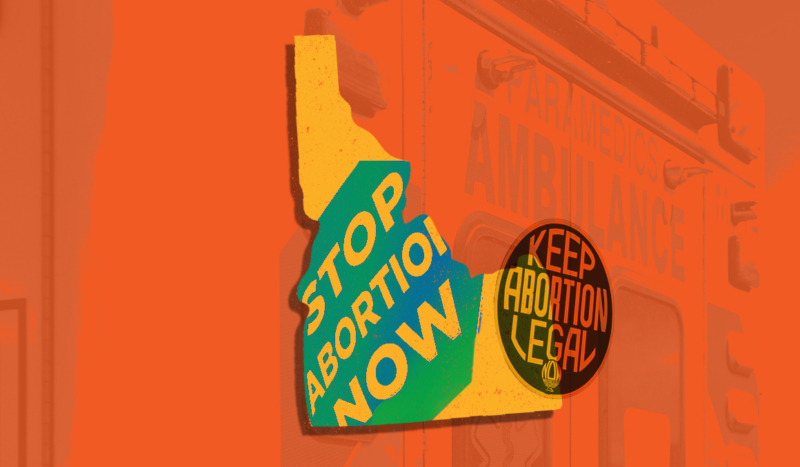
CV NEWS FEED // Idaho’s attorney general filed an emergency motion with the U.S. Supreme Court on November 20, asking the court to protect Idaho doctors’ ability to preserve life.
The case State of Idaho v. United States of America combats the federal government’s attempt to use a law ensuring emergency care for patients to force doctors to perform illegal abortions, according to a press release from the Alliance Defending Freedom (ADF).
Idaho’s Defense of Life Act only allows abortion when the mother’s life is at stake, but the federal government claimed that a pre-existing law required Idaho doctors to perform abortions in emergency rooms.
The Emergency Medical Treatment and Labor Act (EMTALA) is a federal Medicare statute meant to protect access to emergency treatment regardless of a patient’s ability to pay. But when the U.S. sued the State of Idaho, they claimed that EMTALA overrode Idaho’s pro-life law.
ADF and Cooper & Kirk attorneys assisted Idaho Attorney General Raúl Labrador in filing the emergency application for stay pending appeal, arguing the U.S.’s position “conflicts with the universal agreement of federal courts of appeals that EMTALA does not dictate a federal standard of care or displace state medical standards.”
“Yet after Dobbs, the United States adopted the novel view that EMTALA creates a federal right to abortion in emergency rooms, even though EMTALA is silent on abortion and actually requires stabilizing treatment for the unborn children of pregnant women,” the emergency application read.
In a similar case in Texas, a district court rejected the pro-abortion interpretation, but an Idaho district court accepted the “revisionist” reading of EMTALA.
“The district court’s injunction effectively turns EMTALA’s protection for the uninsured into a federal super-statute on the issue of abortion, one that strips Idaho of its sovereign interest in protecting innocent human life and turns emergency rooms into a federal enclave where state standards of care do not apply,” the appeal stated.
Labrador, ADF, and others requested that the court stay the district court’s injunction pending appeal “before judgment on this exceptionally important question.”
